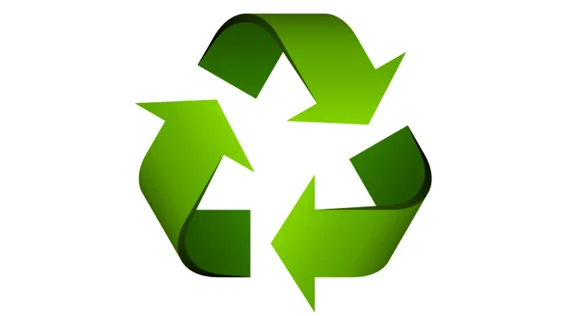
SEATTLE (Waste Advantage): Bioenergy Devco, a leader in the design, engineering, construction, financing, and operation of advanced anaerobic digester (AD) systems, has been operating at its full nameplate capacity at the Maryland Bioenergy Center in Jessup, MD. “This milestone reflects our commitment to engineering and operational excellence in sustainable energy production and our ability to handle 100 percent food waste and the associated complex organics recycling operations efficiently,” said Shawn Kreloff, Founder and CEO of Bioenergy Devco. “Achieving full operational capacity demonstrates that our original thesis of transferring our 25 years of experience owning and operating AD facilities in Europe has been completed. This underscores our dedication to innovative solutions in environmental sustainability.”
The facility processes 120,000 tons of food waste annually into renewable natural gas and nutrient-rich soil amendments, showcasing its operational success and leadership in sustainable energy practices. The Maryland Bioenergy Center has been recognized for its success, receiving various awards, including the 2023 Climate Leadership Awards, Environmental and Energy Leaders Top Project, and the 2024 SEAL Award for Environmental Initiative.
“Globally, over 1.3 billion tons of food are wasted annually across the supply chain, contributing to massive environmental impacts. Landfilling or incinerating this enormous amount of organic waste generates potent greenhouse gases and squanders valuable resources such as land, water, and nutrients used to produce food,” said Christine McKiernan, Chief Operating Officer of Bioenergy Devco. McKiernan detailed the complex process at their anaerobic digestion facility in Jessup, Maryland, transforming 120,000 tons of organic waste into renewable natural gas (RNG) each year. “Through anaerobic digestion, microorganisms break down the food waste in the absence of oxygen, producing biogas primarily composed of methane. This RNG supplies sufficient energy to power over 7,500 households, preventing its release into the atmosphere. Moreover, the process also generates approximately 16,500 tons of nutrient-rich compost-like material, promoting agricultural sustainability.”
McClain Porter, Chief Commercial Officer, added, “Our technology provides a sustainable and cost-competitive alternative to landfilling, incineration, and land application for food processors and distributors. Consumers today are increasingly seeking sustainable food waste management products, and we are committed to meeting this demand with our advanced AD systems.”
Courtesy: www.wasteadvantage.com



| Copper Scrap View All | |
| Alternator | 0.34 (0) |
| #1 Copper Bare Bright | 3.94 (-0.01) |
| Aluminum Scrap View All | |
| 356 Aluminum Wheels (Clean) | 0.75 (0) |
| 6061 Extrusions | 0.66 (0) |
| Steel Scrap View All | |
| #1 Bundle | 405.00 (-45) |
| #1 Busheling | 425.00 (-45) |
| Electronics Scrap View All | |